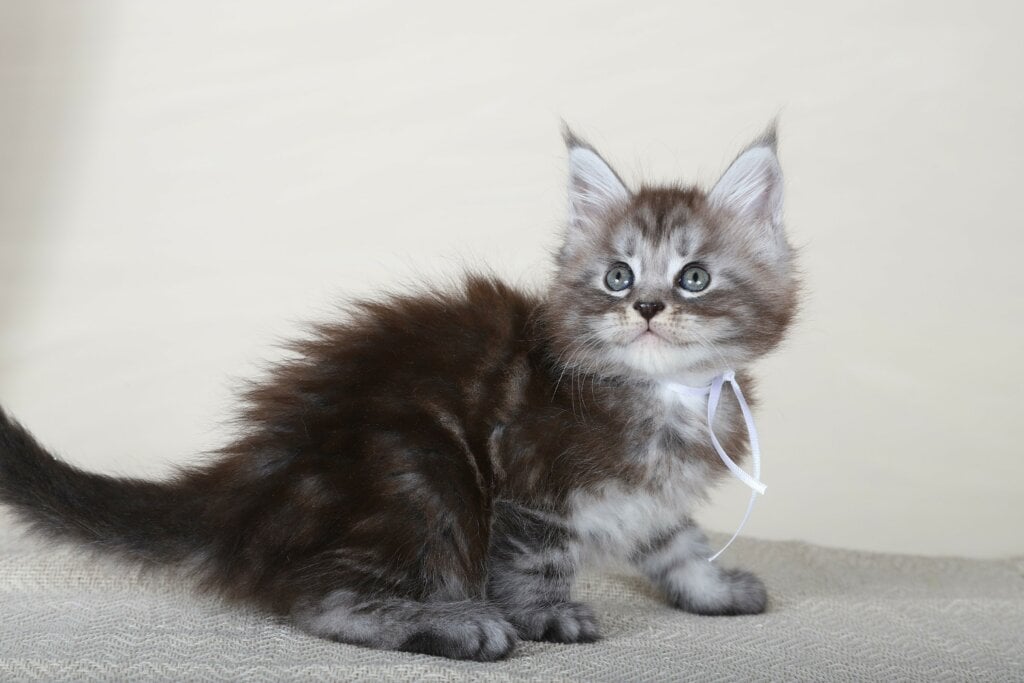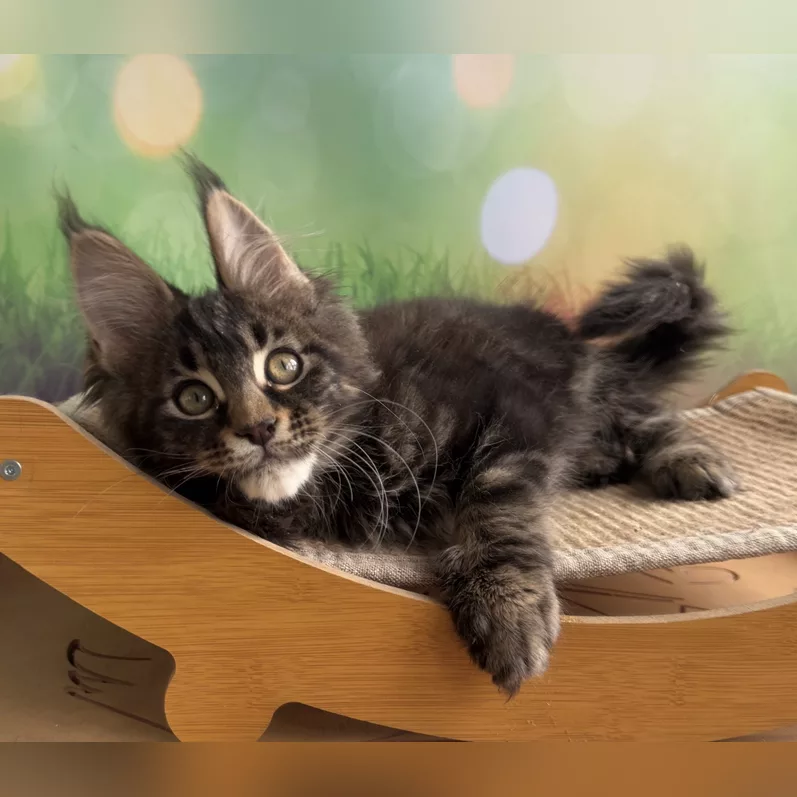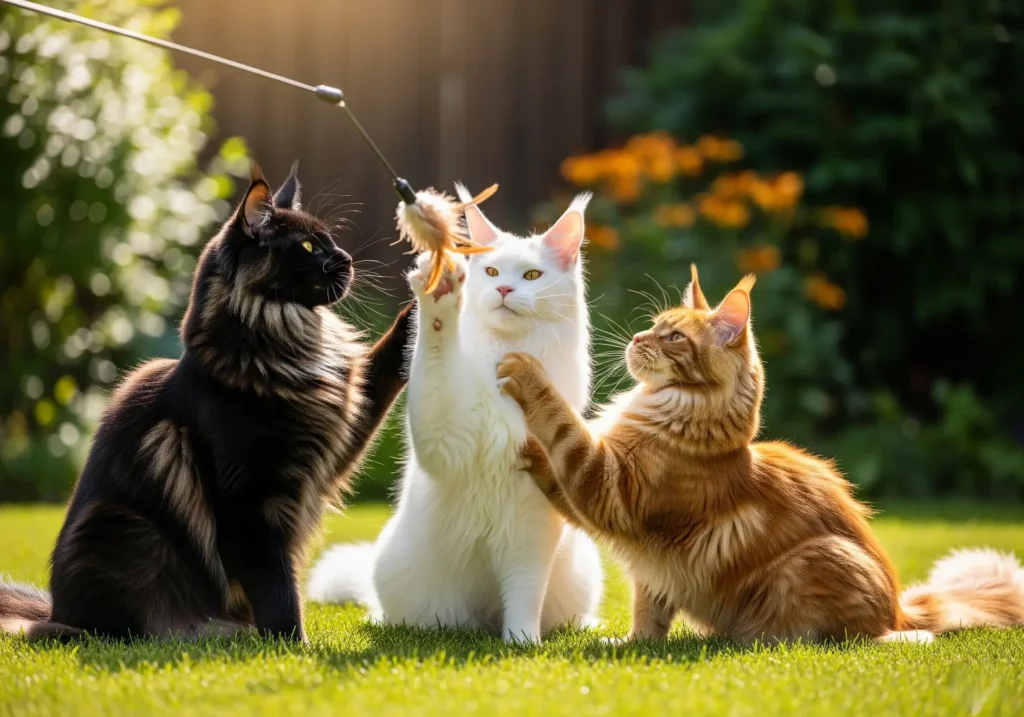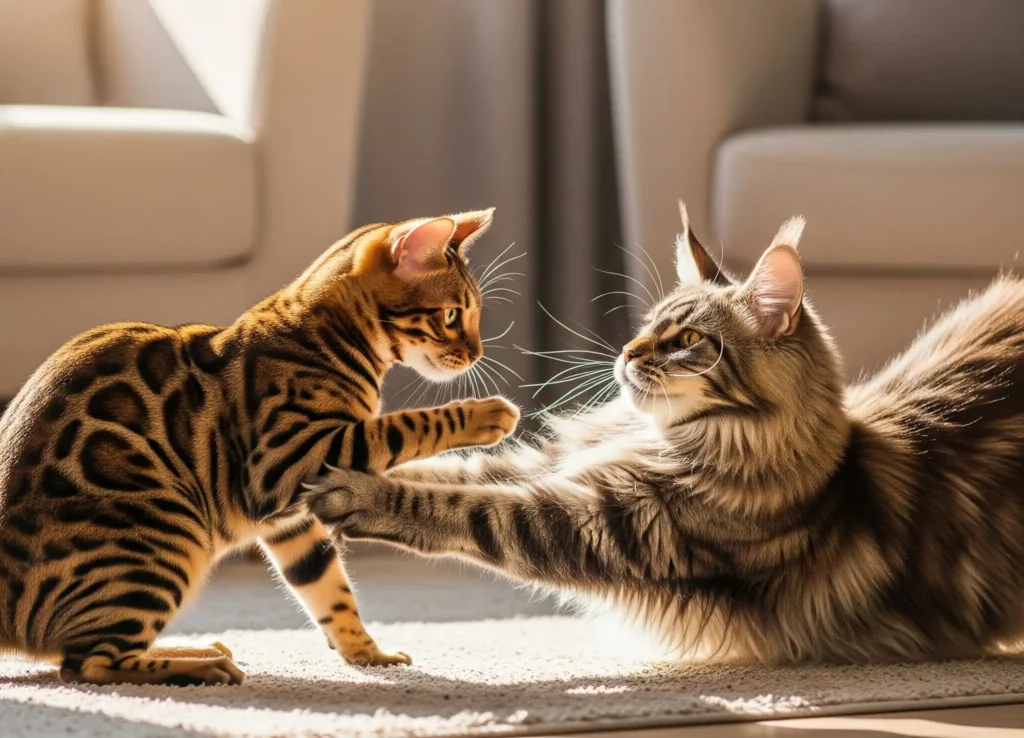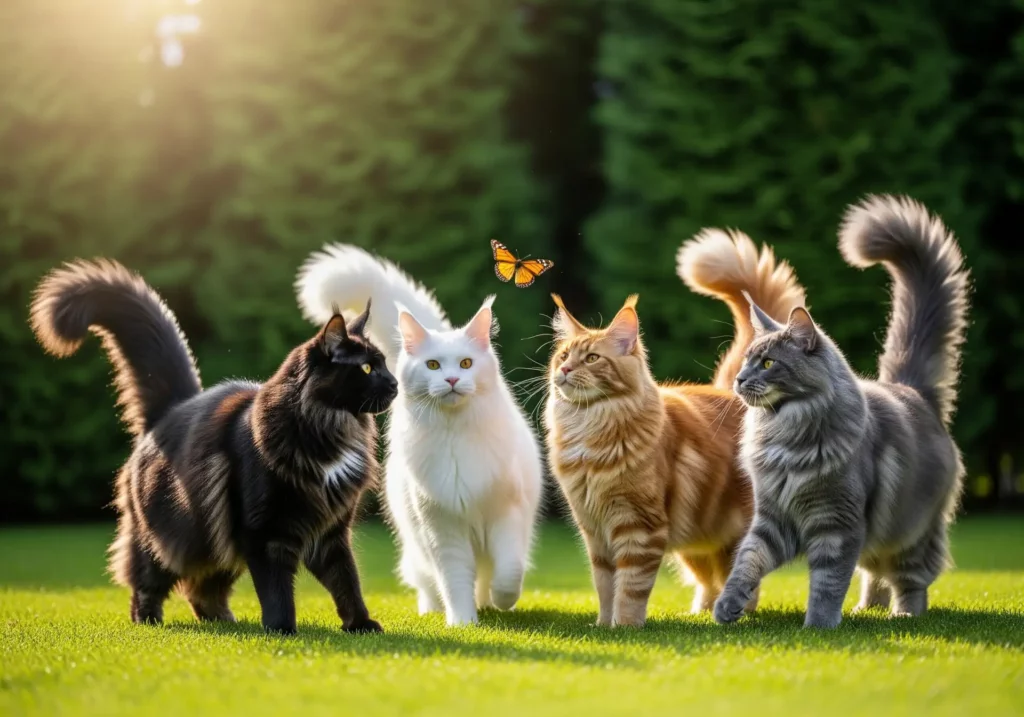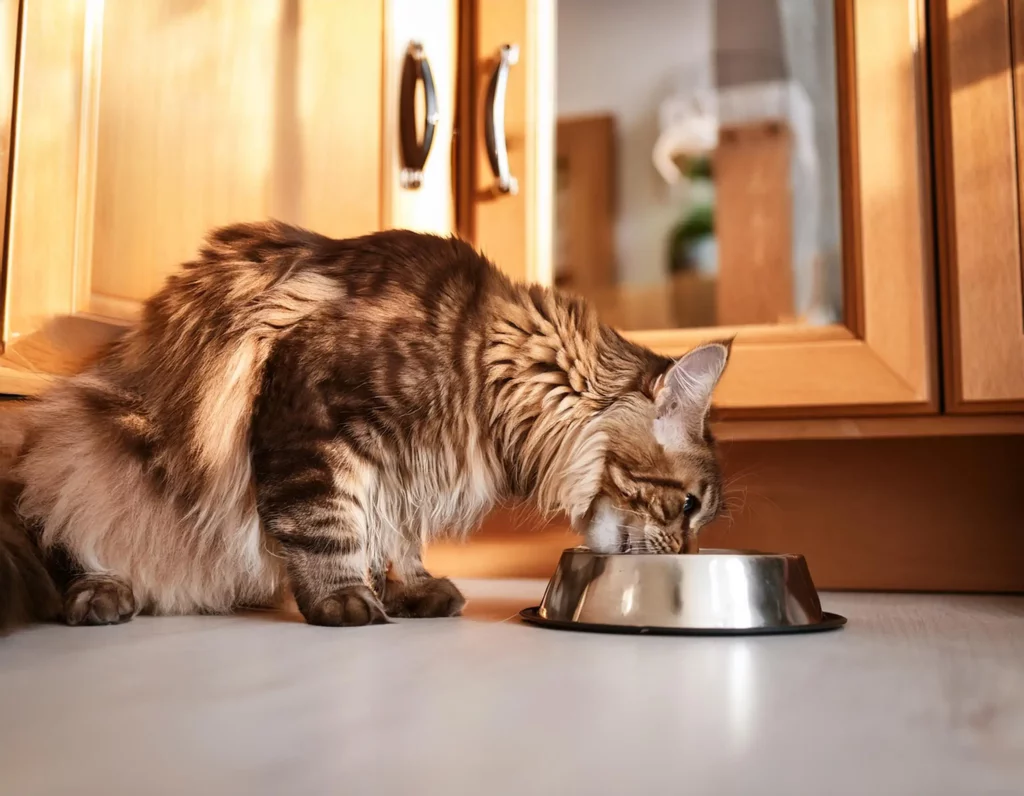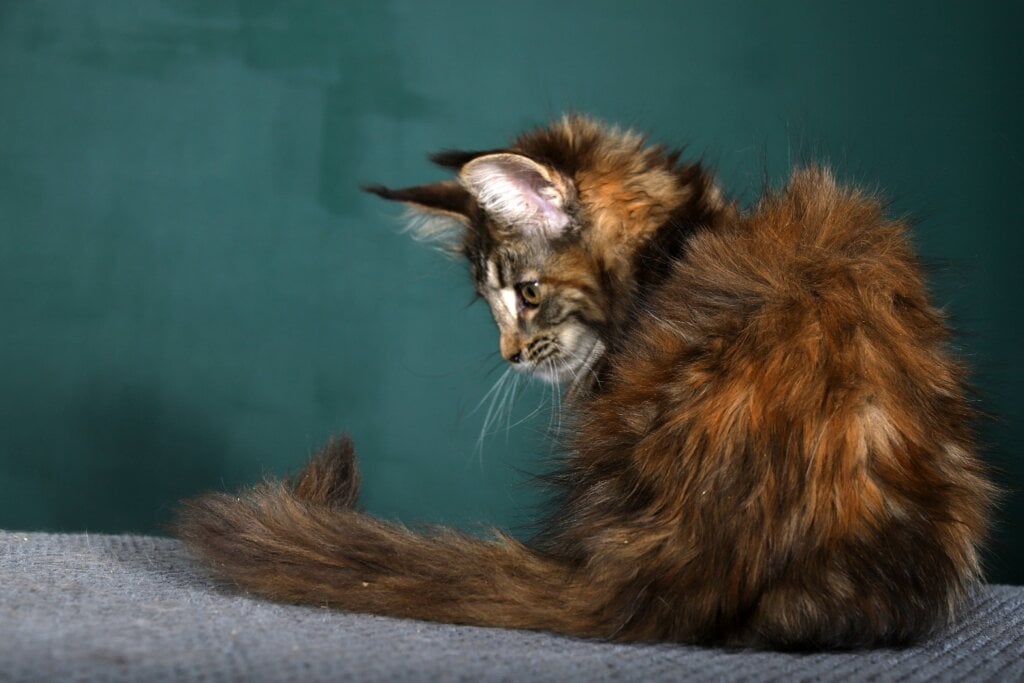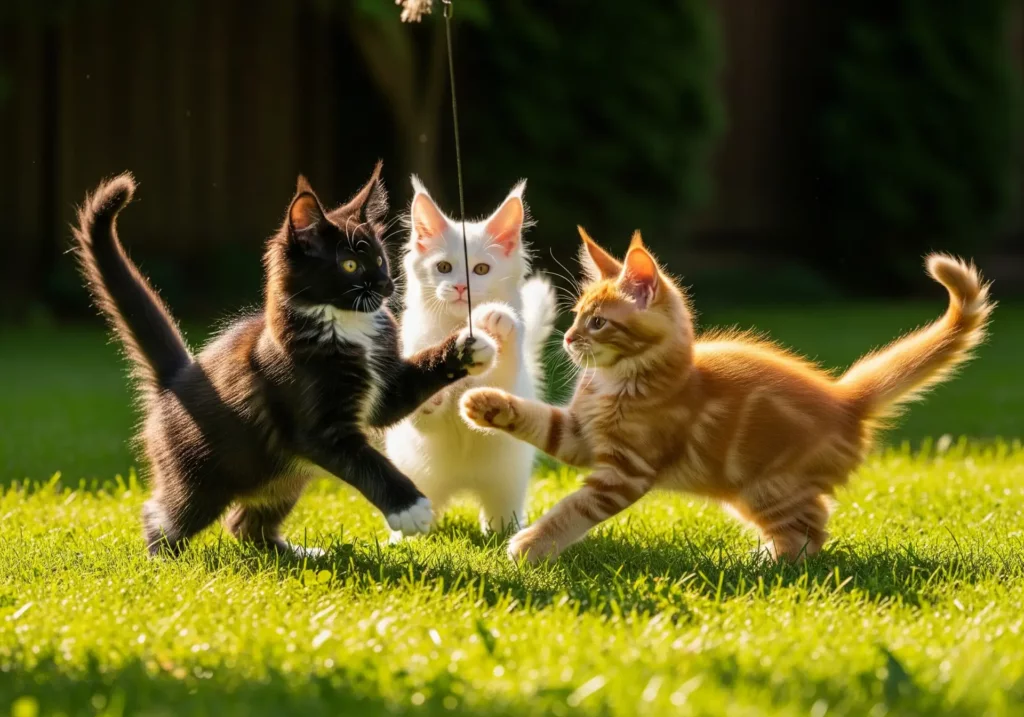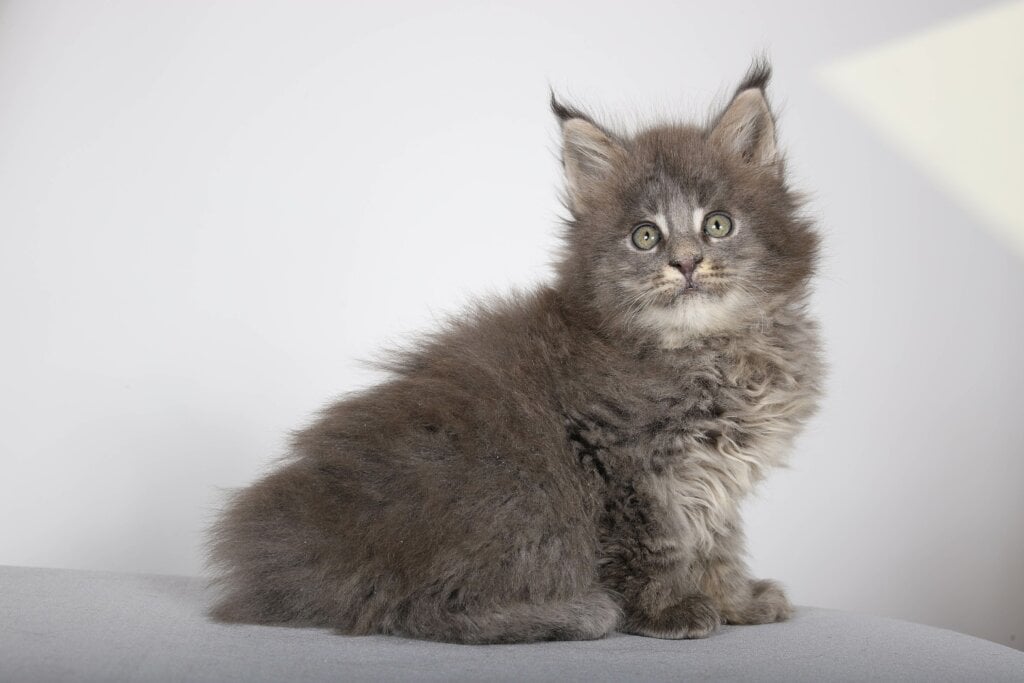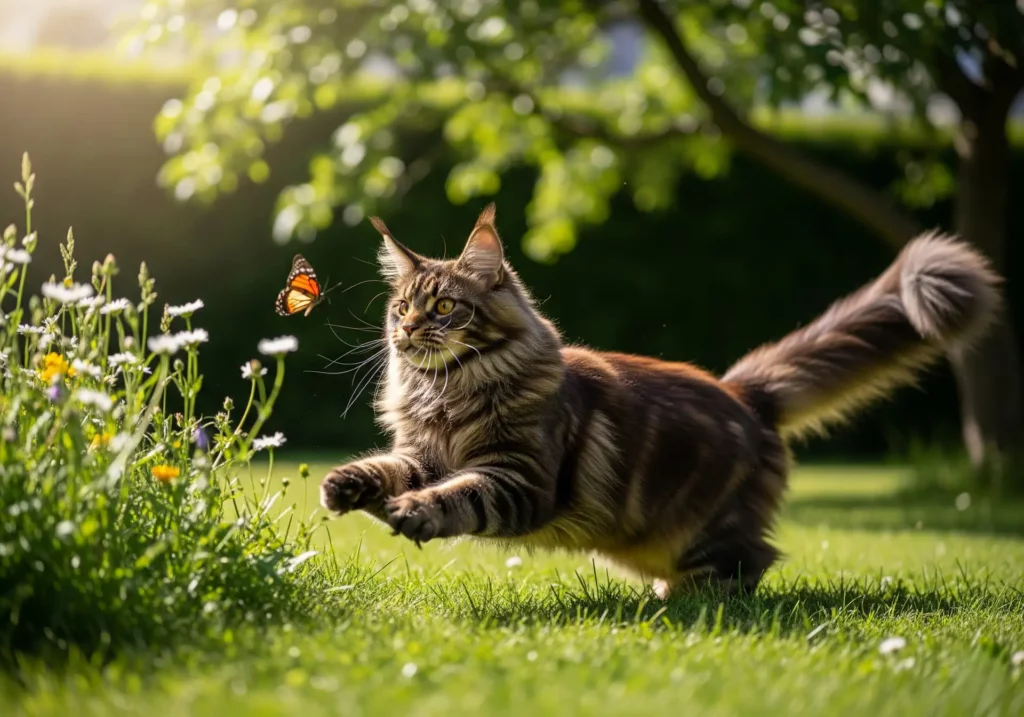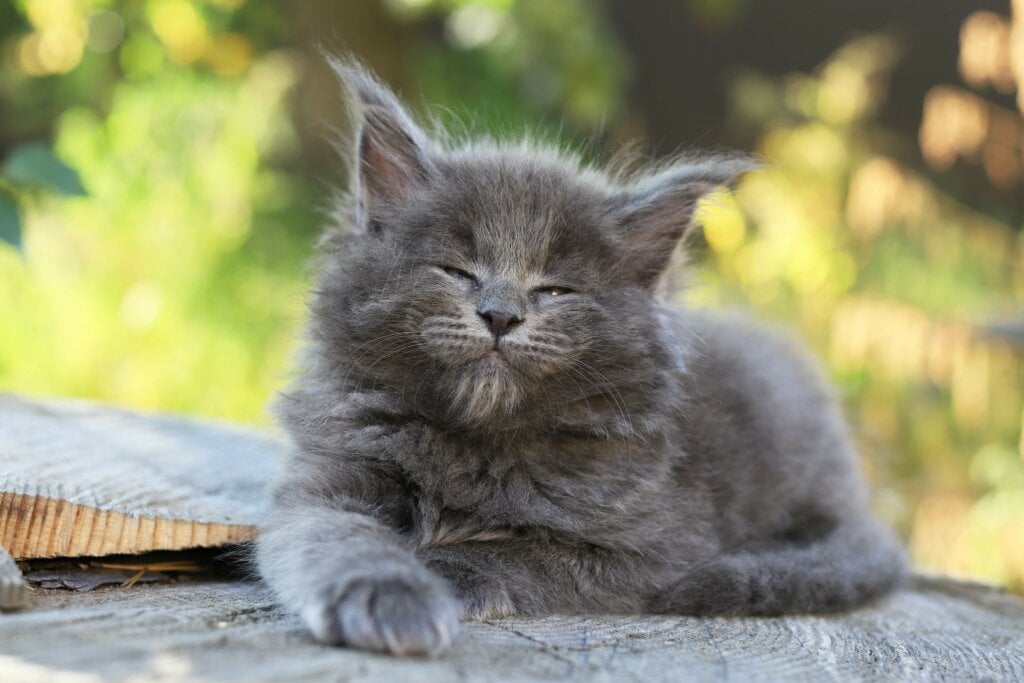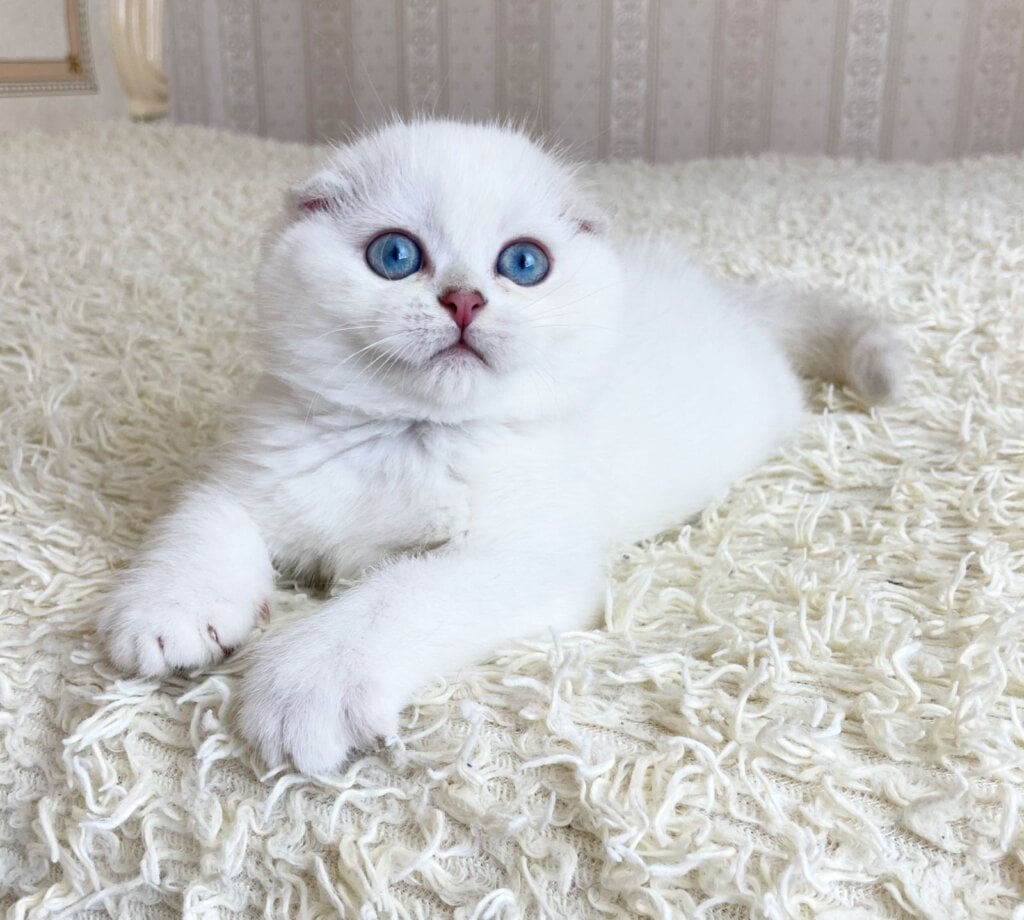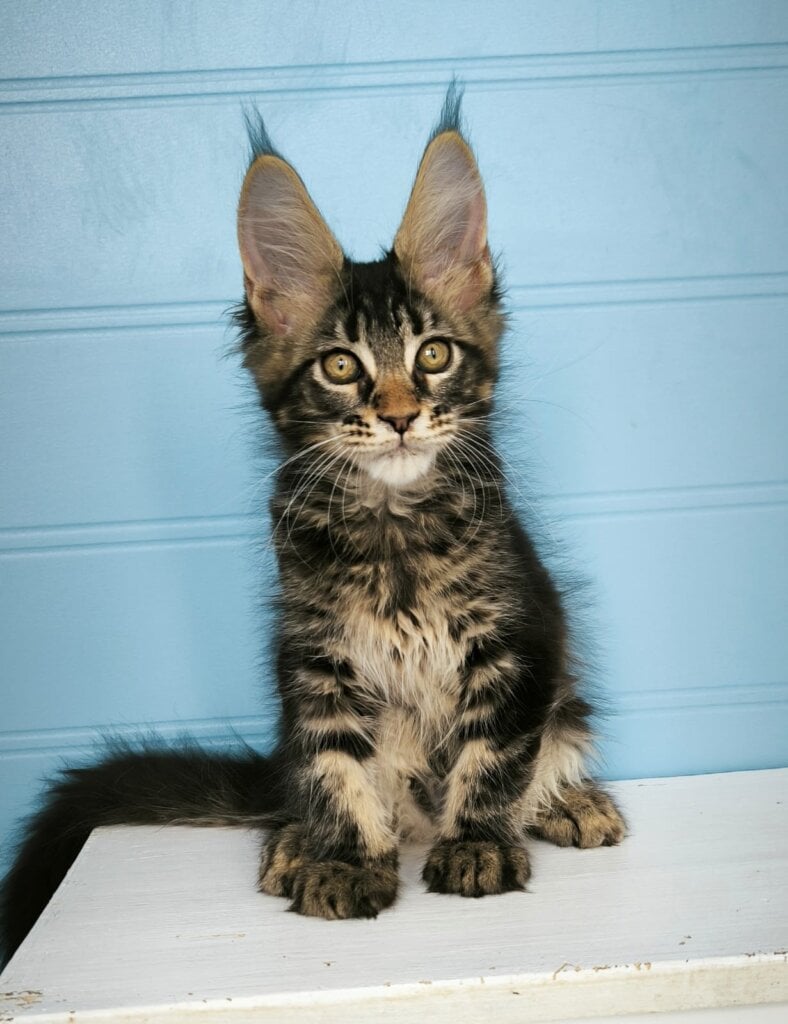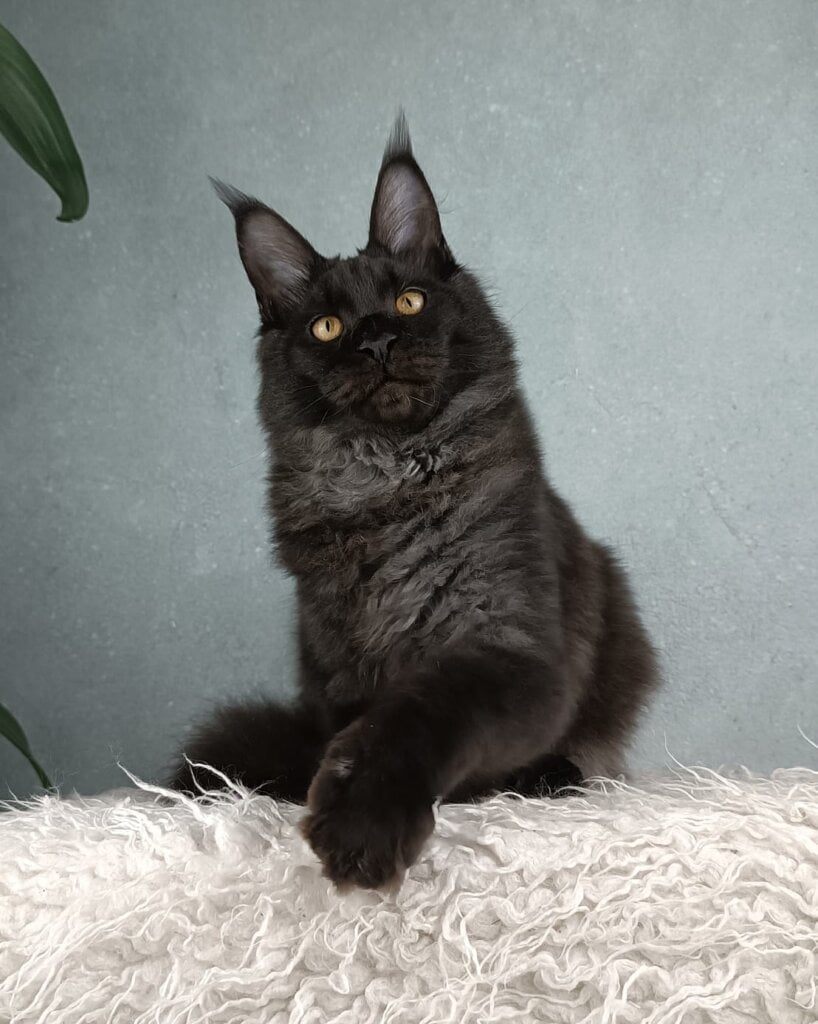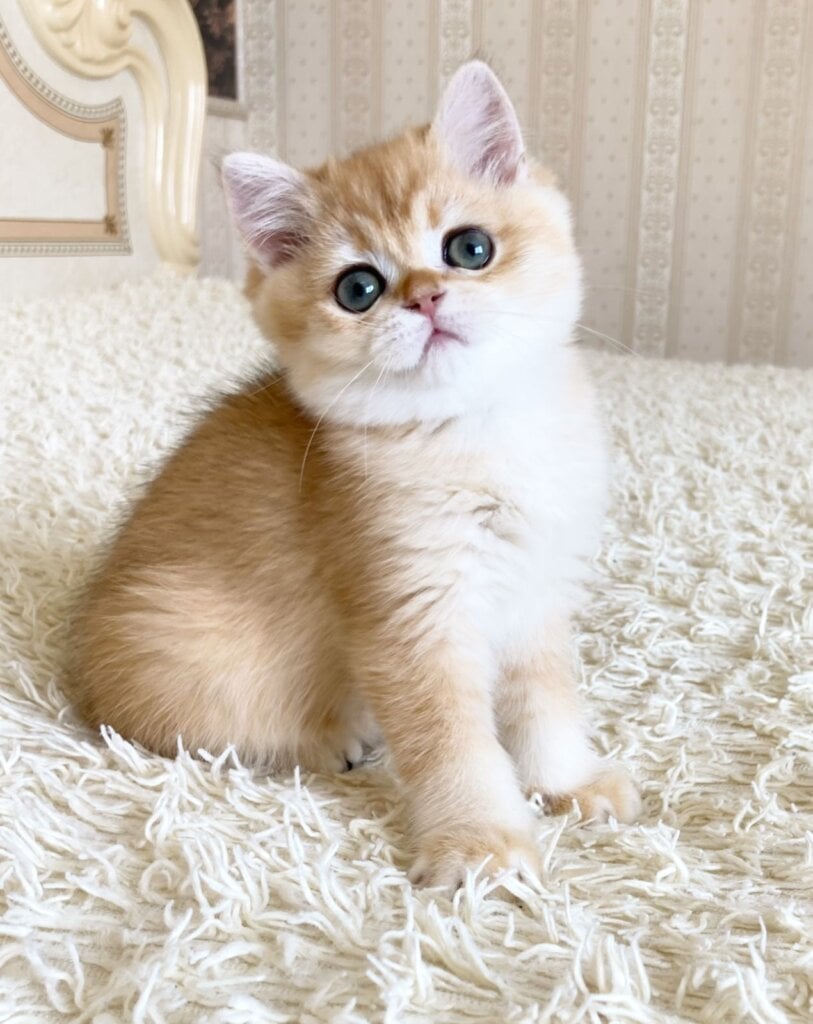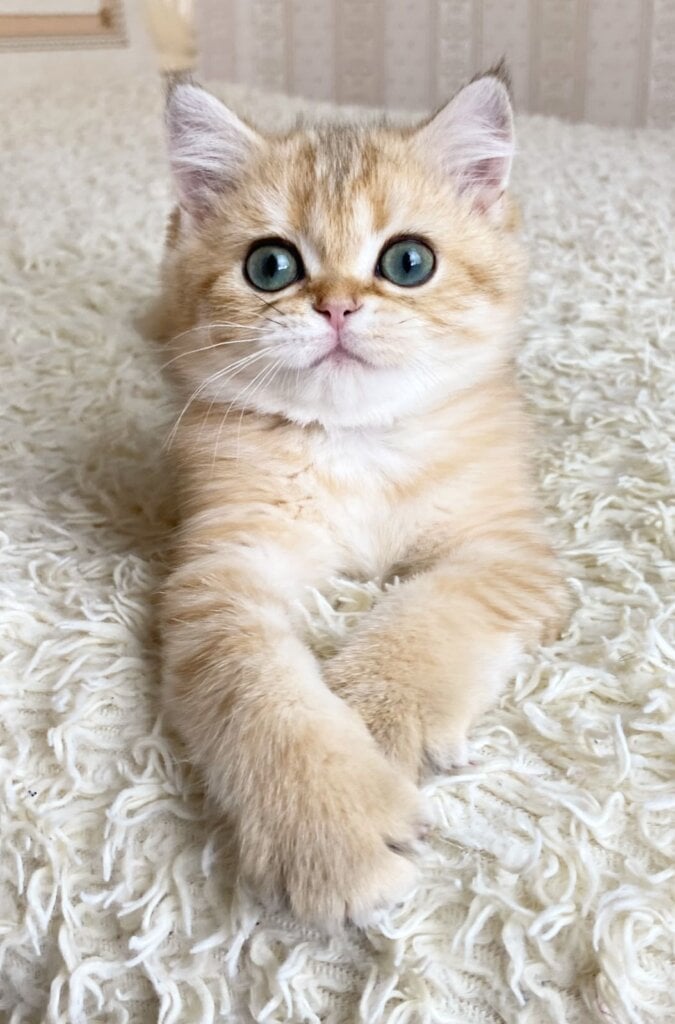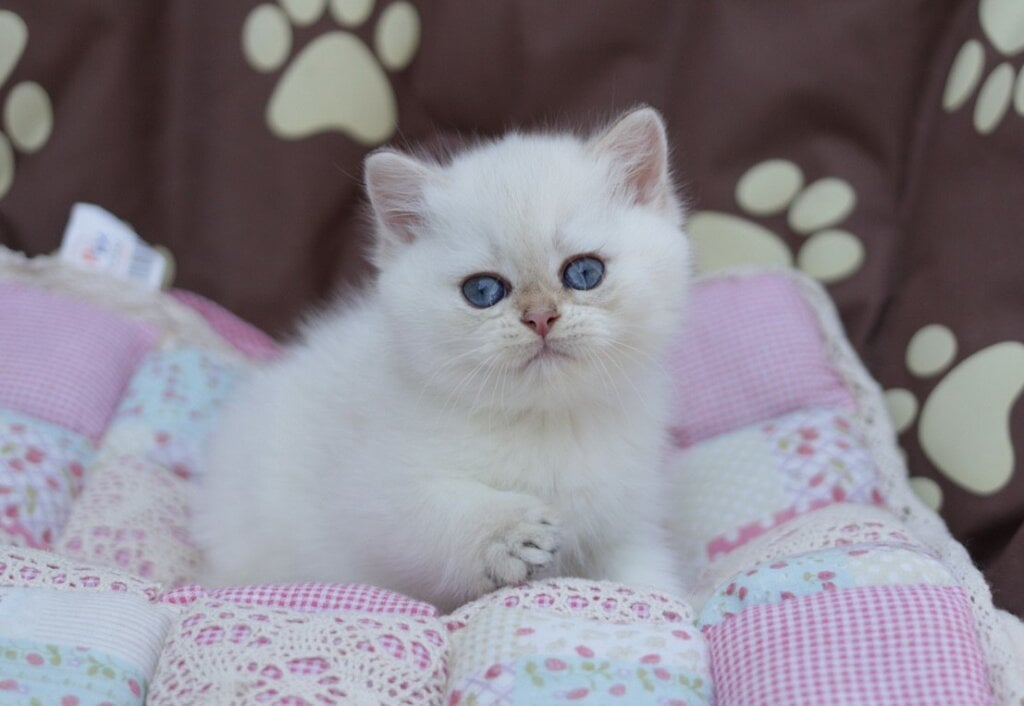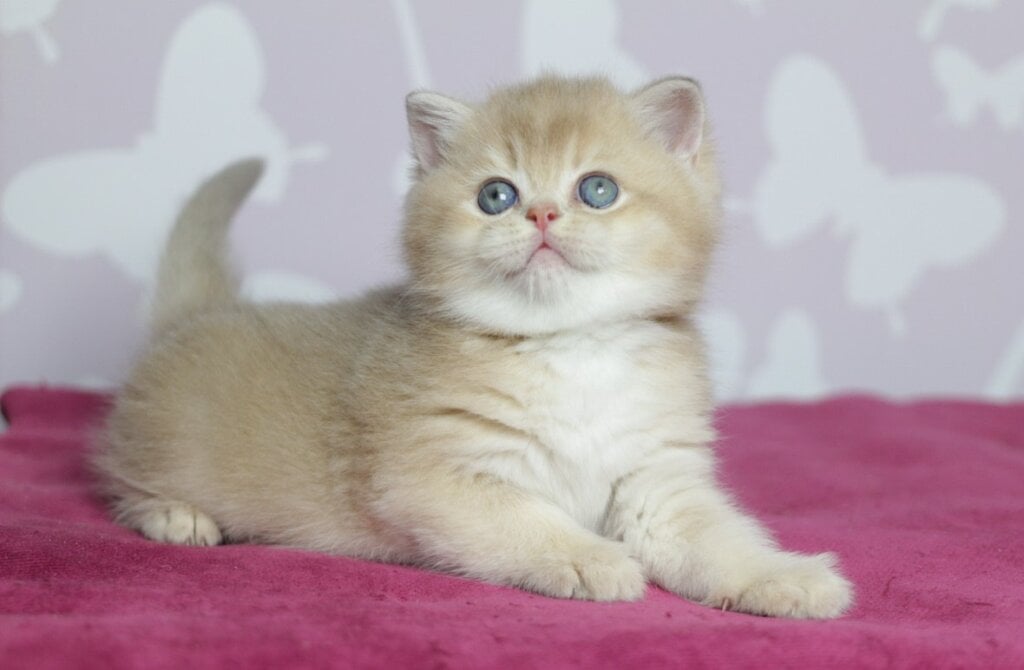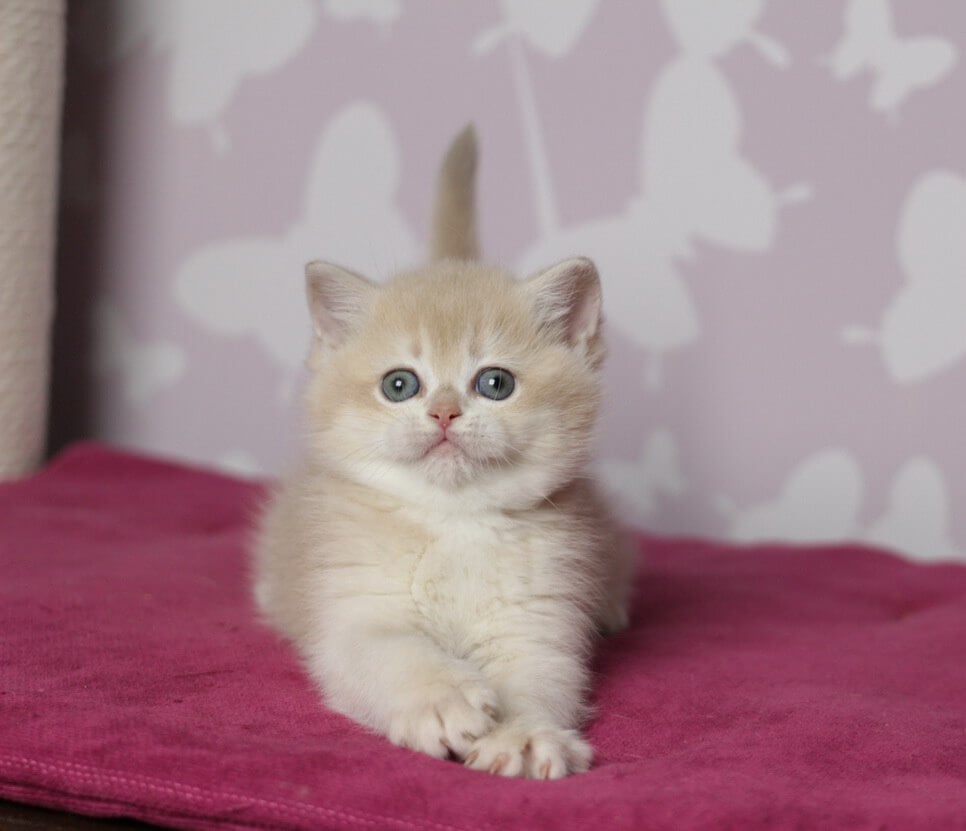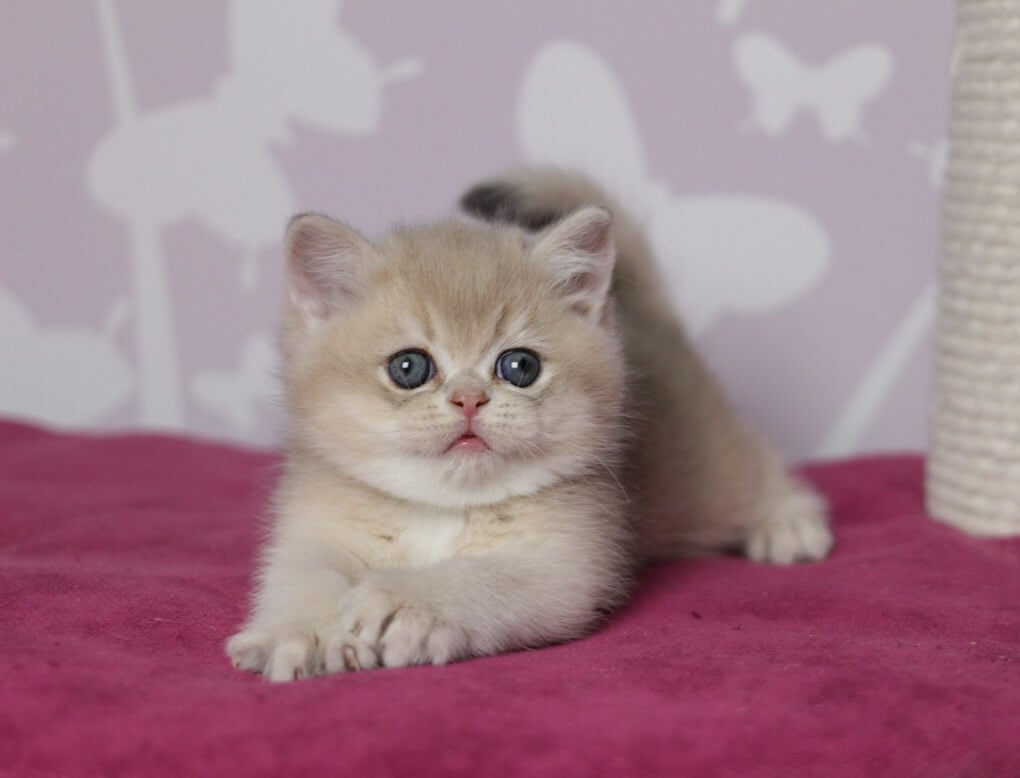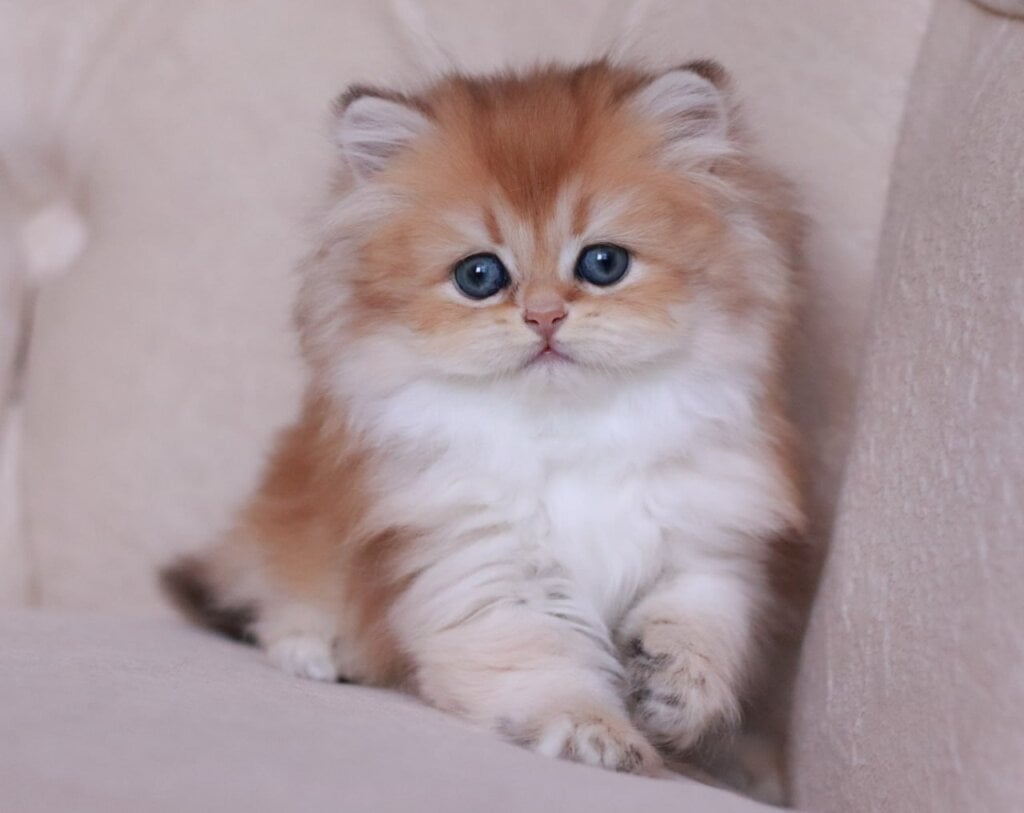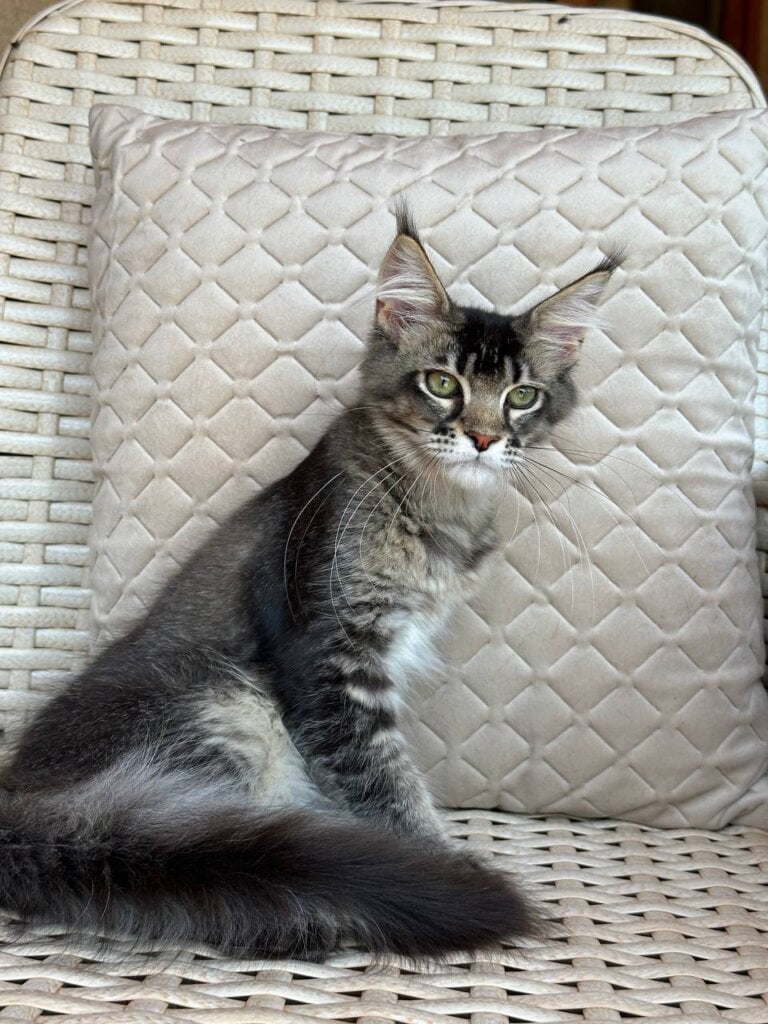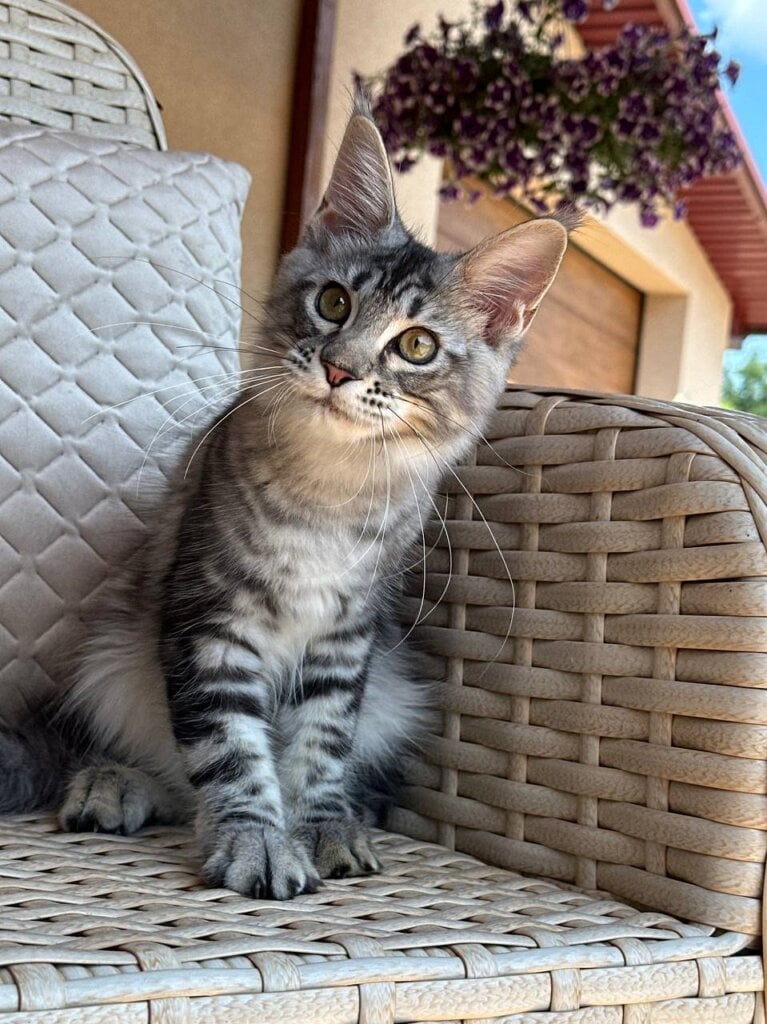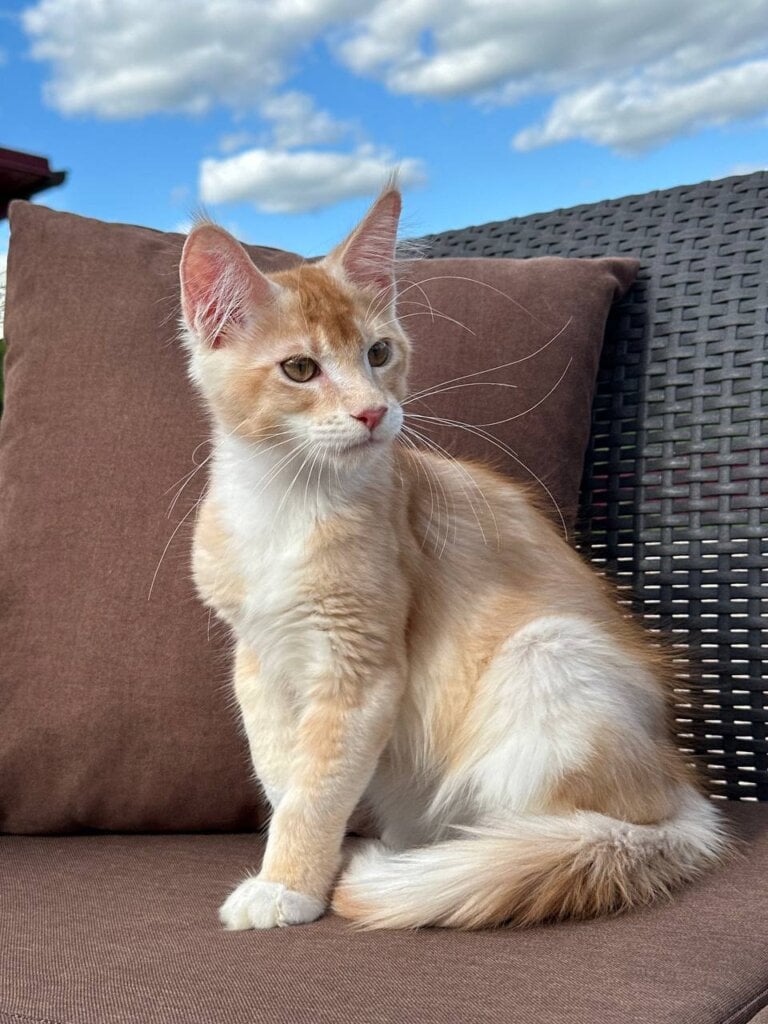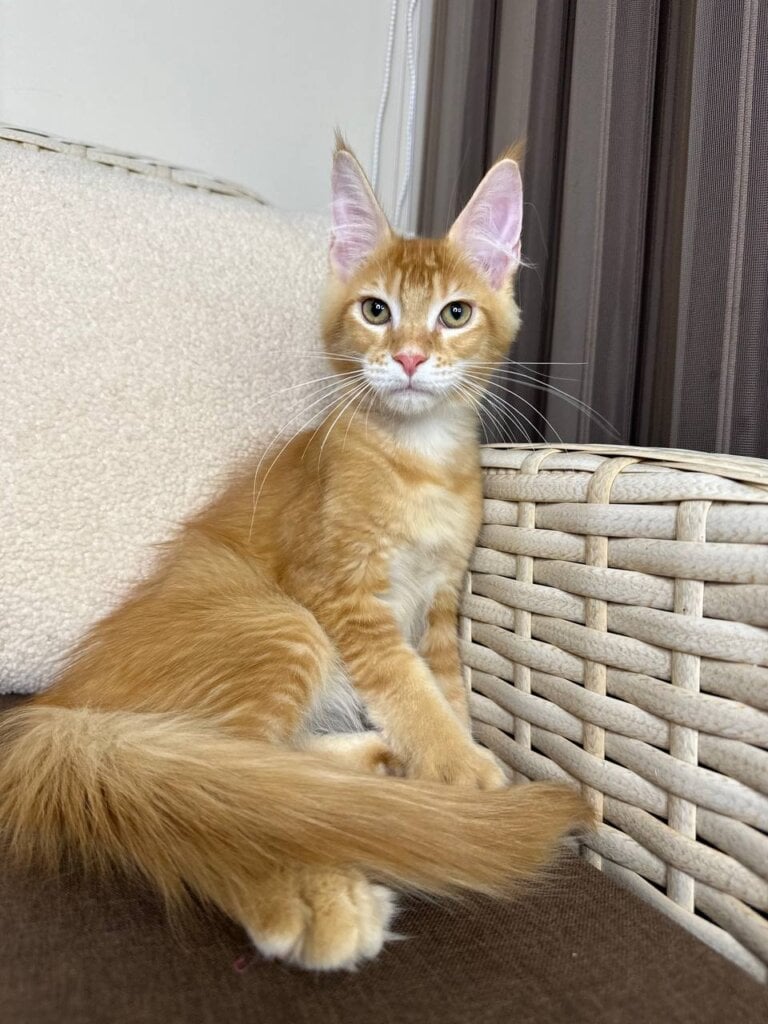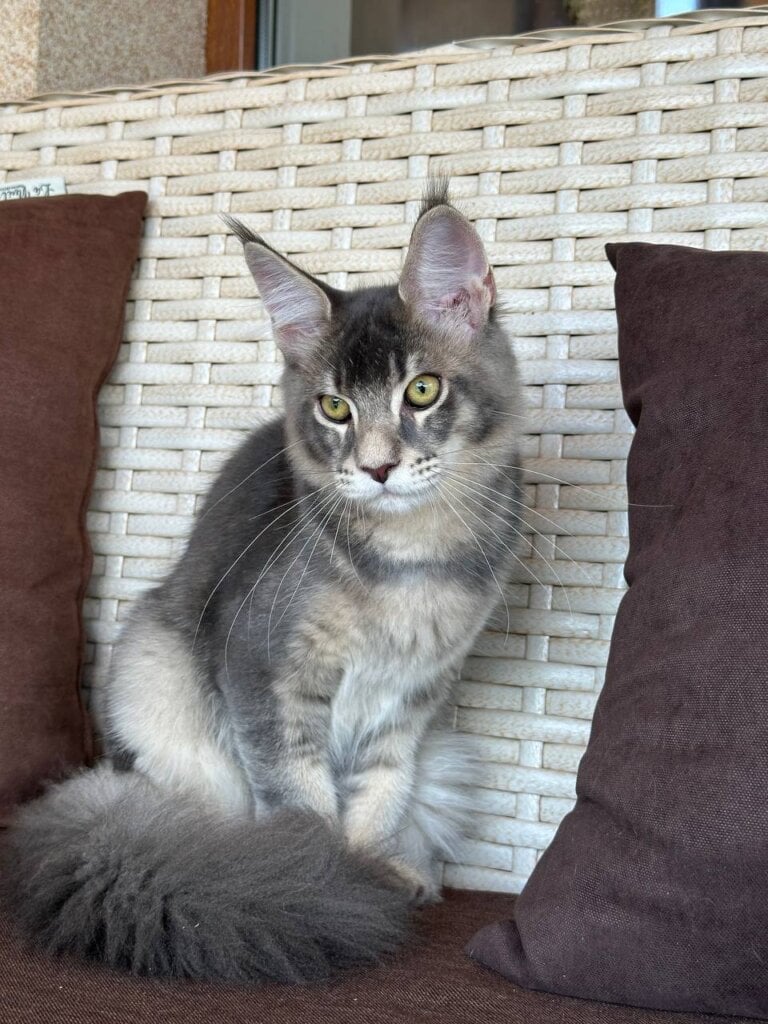Introducing Oriental Kittens: Uncovering Their Distinct Characteristics, Temperament, and Care Necessities
Considering a feline companion for your household? Oriental kittens could be an ideal choice for you. With their elegant appearance, captivating personalities, and loving nature, these kittens have captured the hearts of cat enthusiasts globally. In this article, we’ll explore the world of Oriental kittens, examining their distinct features and care needs to help you provide the best possible life for your future pet.
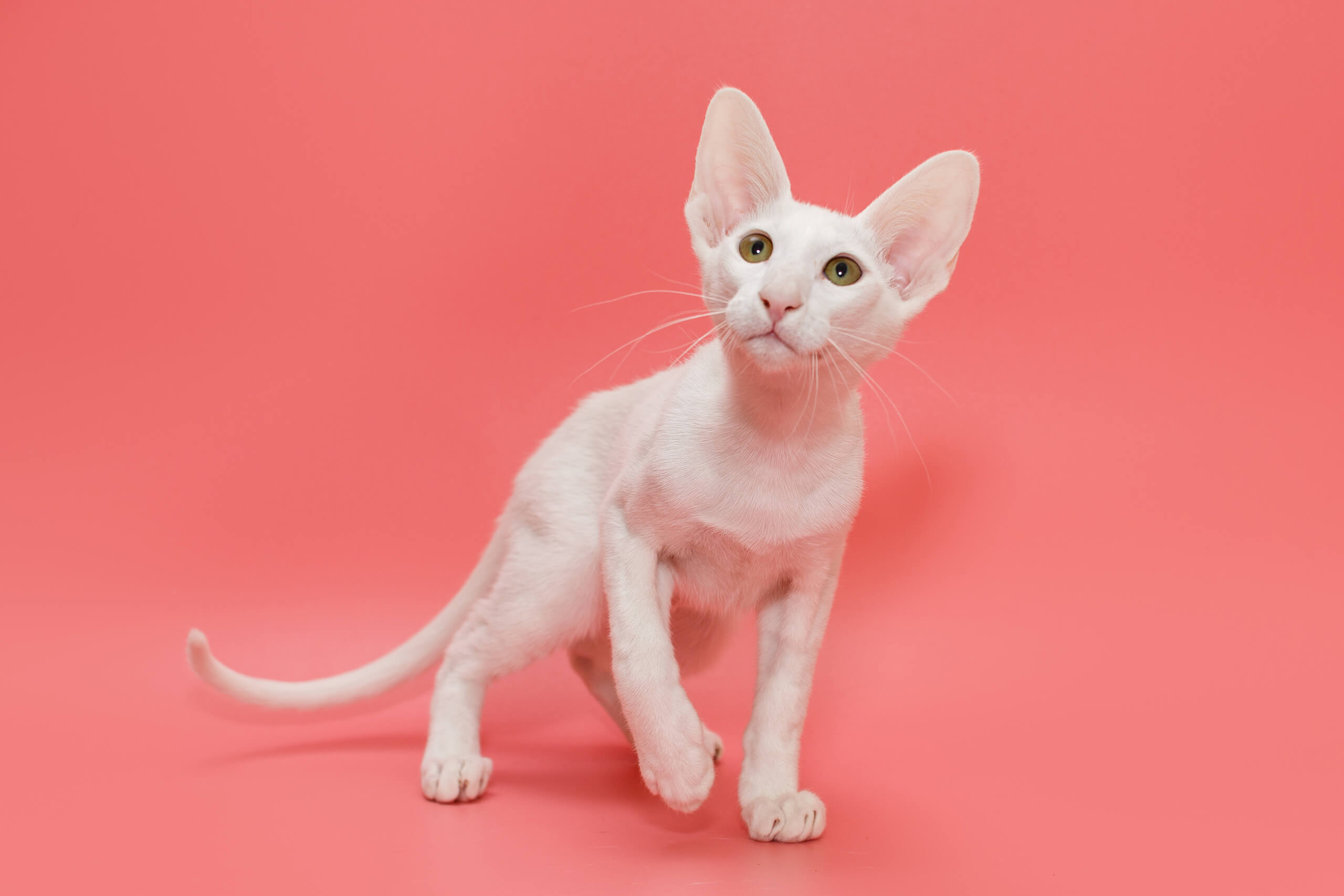
Unraveling the Origins and Evolution of Oriental Cats
A Glimpse into the Breed’s History
The Oriental cat breed is closely related to the Siamese, with both breeds originating from ancient Siam, now known as Thailand. They were first bred in the United States and Europe during the 1950s and 1960s, as breeders aimed to create a cat with the same sleek body type and intelligence as the Siamese but with a broader range of coat colors and patterns.
The Emergence of the Modern Oriental Cat
The contemporary Oriental cat was developed by crossbreeding Siamese cats with other breeds like the Abyssinian, Russian Blue, and domestic shorthairs. This breeding program led to a diverse array of coat colors and patterns, contributing to their striking appearance and outgoing personalities. Today, Oriental cats are recognized as a separate breed by major cat associations and are cherished by cat lovers for their unique appearances and endearing qualities.
The Impressive Physical Features of Oriental Kittens
Distinct Physical Attributes
- Body Structure. Oriental kittens possess a sleek, muscular body with elongated, slender legs and a whip-like tail. Their head is wedge-shaped, with large, almond-shaped eyes and wide-set ears, giving them an alert and intelligent expression.
- Coat and Color Varieties. One of the most notable aspects of Oriental kittens is the diversity of coat colors and patterns. With over 300 different combinations available, including solid colors like white, black, blue, and chocolate, as well as various patterns such as tabby, tortoiseshell, and bicolor. Oriental cats can have either a short, sleek coat or a medium-length, semi-longhair coat.
Size and Growth Expectations Generally,
Oriental kittens are small to medium-sized cats, with adult males weighing between 8 to 12 pounds and females weighing 6 to 8 pounds. They achieve their full growth by 18 months to 2 years of age.
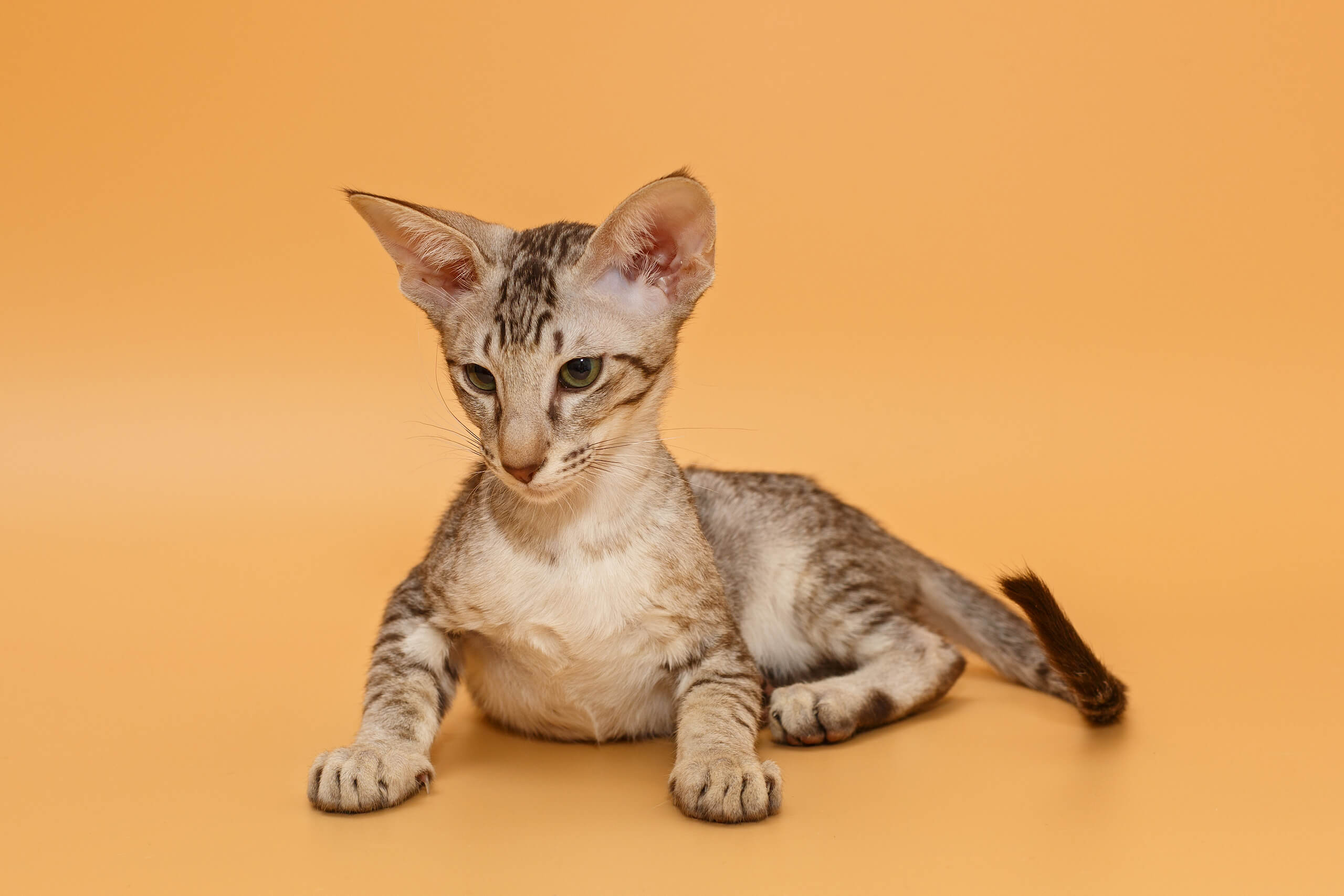
The Alluring Personality of Oriental Cats
Affectionate and Social Disposition
Oriental cats are renowned for their loving and social demeanor. They form robust bonds with their human family members and enjoy spending time with them, whether it’s playing, cuddling, or simply being in the same room.
Sharp Intellect and Curiosity
These cats are incredibly smart and curious, making them excellent problem solvers and quick learners. They relish interactive toys and games that challenge their minds and can be easily trained to perform tricks or even walk on a leash.
Chatty Nature
Oriental cats are known for their talkative tendencies, often engaging in conversations with their humans through various meows, chirps, and trills. While some people find this endearing, others might consider it too vocal for their preference.
Energy Levels
Orientals are dynamic and playful cats that require ample physical and mental stimulation to stay happy and healthy. They love to climb, jump, and explore their environment, making cat trees or climbing shelves essential for their well-being.
Crucial Care Guidelines for Nurturing Happy, Healthy Oriental Kittens
Feeding Recommendations
Feeding Oriental kittens a high-quality, nutritionally balanced diet is essential to support their growth and overall health. Provide a diet with an appropriate balance of proteins, fats, and carbohydrates, along with essential vitamins and minerals. It’s advisable to feed kittens smaller meals more frequently throughout the day to accommodate their higher energy needs.
Catering to Food Preferences
Each Oriental kitten may have its preferences when it comes to food. Some might favor wet food, while others may enjoy dry kibble or a mix of both. Monitor your kitten’s eating habits and adjust their diet accordingly to ensure they receive adequate nutrition.
Grooming and Coat Maintenance
Brushing and Bathing
Short-coated Oriental kittens require minimal grooming, usually just a weekly brushing to remove loose hair and maintain their coat’s shine. However, semi-longhair Orientals may need more frequent brushing to prevent mats and tangles. Bathing is generally not necessary unless the cat becomes dirty or greasy.
Nail Trimming and Ear Care
Regular nail trimming is vital to prevent overgrown or sharp claws. Check your kitten’s ears regularly for any signs of dirt or infection and clean them gently with a cotton ball and a veterinarian-recommended ear cleaner if needed.
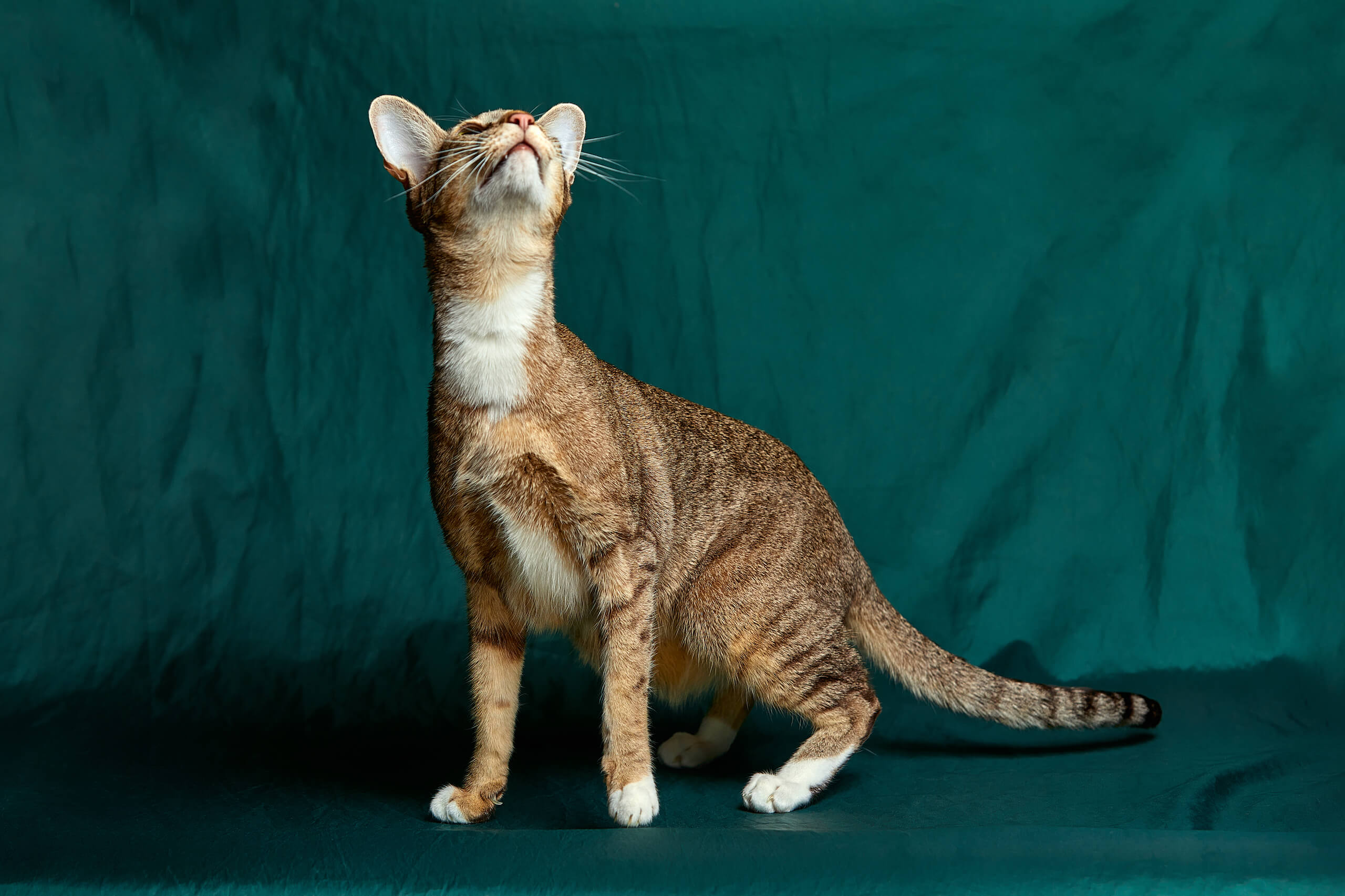
Addressing Health Concerns and Preventative Care
Routine Vet Visits
Schedule regular veterinary check-ups for your Oriental kitten to monitor their growth and overall health. Your vet will also ensure they receive necessary vaccinations and provide preventative care to keep them healthy.
Vaccination and Parasite Prevention
Oriental kittens should receive vaccinations as per the recommended schedule to protect them from common feline diseases. Additionally, follow your vet’s advice on flea, tick, and worm prevention to keep your kitten parasite-free.
Socialization and Training
The Significance of Early Socialization
Early socialization is crucial for Oriental kittens to help them develop into well-adjusted, confident adult cats. Expose your kitten to various people, animals, and experiences to ensure they become comfortable with different situations.
Basic Training Techniques
Oriental kittens are intelligent and can be trained using positive reinforcement techniques like praise and treats. Begin with simple commands such as “sit” or “come” and gradually progress to more advanced tricks or even leash training.
Selecting the Right Breeder for Your Oriental Kitten
The Importance of Choosing a Responsible Breeder
When searching for an Oriental kitten, it’s essential to opt for a reputable breeder who prioritizes the health and well-being of their cats. This ensures you bring home a healthy, well-socialized kitten and helps prevent supporting unethical breeding practices.
Inquiries to Make When Choosing a Breeder
- Are the kittens raised in a clean, loving home environment?
- Do the parents undergo health testing for common genetic conditions?
- Can the breeder provide references from previous buyers?
- Will the breeder offer ongoing support and advice after the purchase?
Spotting Red Flags
Be cautious of breeders who cannot provide health certificates, have multiple litters available at once, or seem more focused on making a profit than ensuring the well-being of their cats.
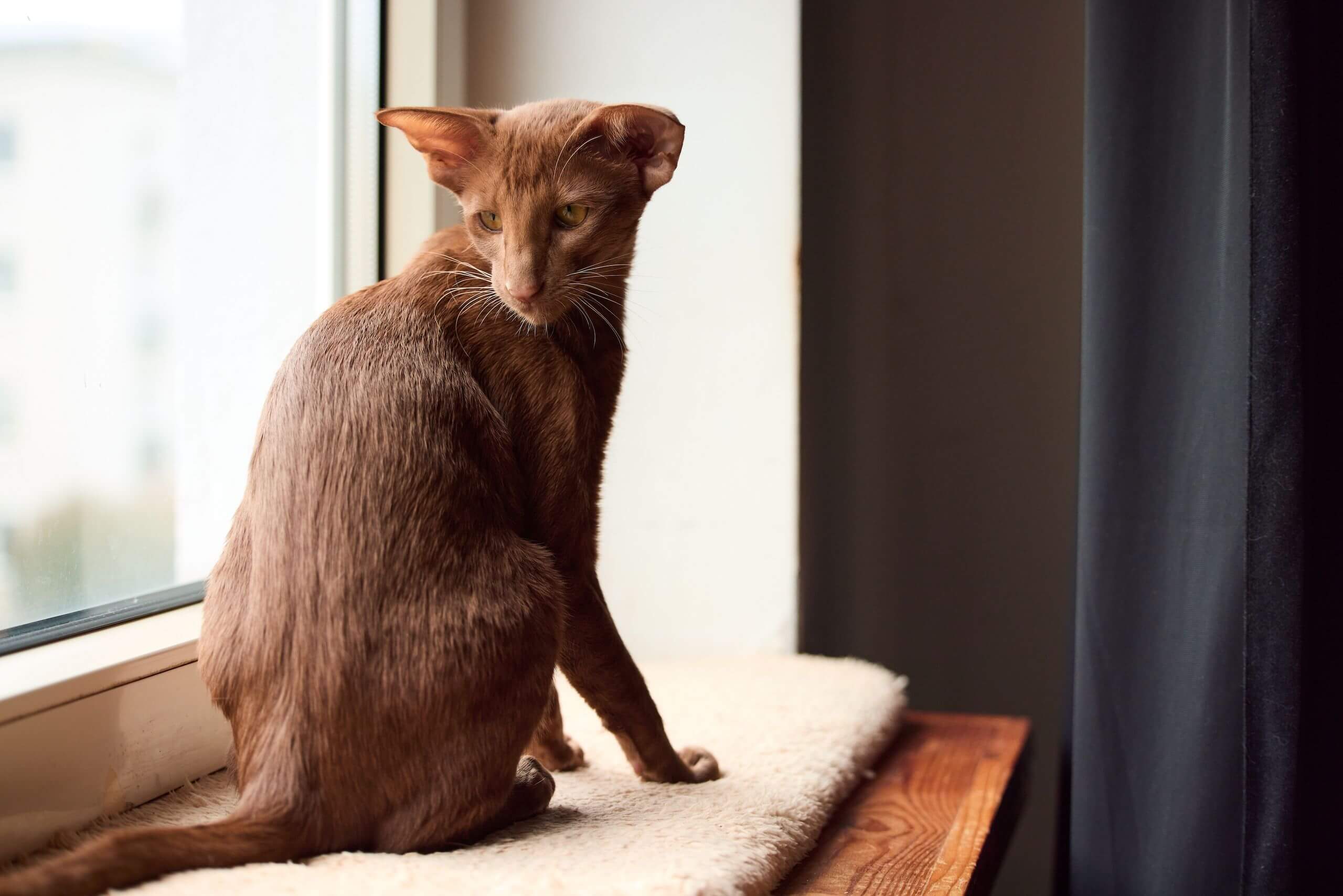
Embracing the World of Oriental Kittens: A Recap of Their Distinctive Attributes and Care Needs
Oriental kittens are a captivating breed that wins hearts with their unique traits, vibrant personalities, and elegant looks. By understanding their specific needs and providing proper care, you can offer your feline friend a happy, healthy life. If you’re considering adding an Oriental kitten to your family, we encourage you to adopt or purchase from a reputable breeder, ensuring the best


